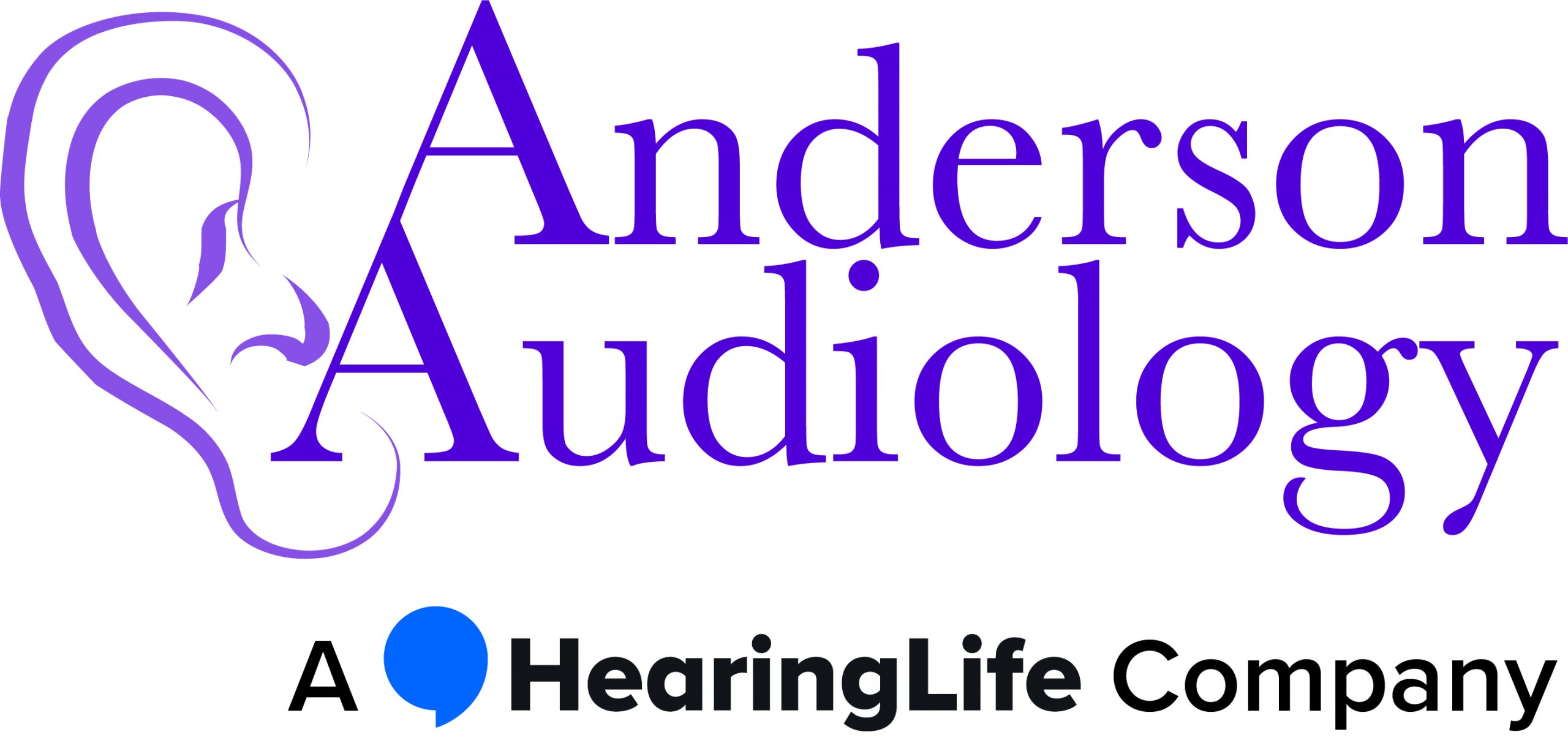As the seasons change, so do our surroundings, routines, and even our health. While many of us are familiar with how weather can affect our skin, immune system, and mood, we may not often consider its impact on our ears. Yet, our ears are intricate and sensitive organs that can be influenced by the shifting seasons in various ways. Let’s look at ways the changing seasons can affect your ears and suggest some tips for maintaining auditory health year-round.
Winter’s Chill and Ear Health
Winter can bring frigid temperatures, dry air and gusty winds, all of which can affect your ears. Here are some ways in which winter weather can impact your auditory health:
- Earwax Issues – The humidity drops during the cold winter months. As a result of this loss of humidity, your skin dries out all over your body, including inside your ears. Dry skin cells inside your ear canal flake off and build up in your ear canal. Your glands will then make more earwax (cerumen) as they try to get rid of those extra skin cells so they do not accumulate inside your ear. During winter months, keeping a humidifier in your bedroom can help.
- Increased Risk of Ear Infections – The cold and flu season peaks in winter, and upper respiratory infections can sometimes lead to ear infections (otitis media). The Eustachian tubes, which help regulate ear pressure, may become congested during these illnesses, potentially causing ear pain and temporary hearing loss.
- Protecting Ears from Cold Wind – Exposure to cold, windy conditions can cause discomfort and even contribute to earaches. Wearing a hat or earmuffs can help protect your ears from harsh winter winds.
Spring Allergies and Eustachian Tube Function
As spring arrives, so do seasonal allergies. Allergies can affect your ears in the following ways:
- Eustachian Tube Dysfunction – The Eustachian tubes connect to your middle ears and play a crucial role in maintaining ear health by equalizing air pressure, drain secretions from the middle ear and protect the middle ear from pathogens. Allergies can lead to Eustachian tube dysfunction, creating inflammation, which causes painful and itchy ears that don’t drain property. Antihistamines are one of the most common treatments for this condition.
- Fluid Accumulation – When allergic reactions occur, fluid can accumulate in the middle ear, causing pressure and blocking sound waves from reaching the eardrum, making hearing harder. This type of hearing loss is called conductive hearing loss because it is caused by problems “conducting” the sound from its source to where it is heard. The good news is that hearing loss from seasonal allergies is usually temporary, and with proper medication and treatment, the impact can be minimized.
Summer’s Heat and Swimmer’s Ear
Summer brings sunny days, but it also introduces some unique challenges for ear health:
- Swimmer’s Ear (otitis externa) – Summer often involves activities like swimming, and prolonged exposure to water can increase the risk of developing swimmer’s ear. This painful infection affects the ear canal and is more common in warm, humid conditions.
- Ear Protection – When swimming, be sure to use earplugs to prevent water from entering the ear canal. After swimming, dry your ears thoroughly to reduce the risk of infection.
Autumn and Ear Care
As autumn leaves begin to fall, it’s a good time to focus on ear care and protection.
- Ear Protection for Yard Work: As you engage in outdoor activities like yard work or leaf blowing, consider wearing protective earplugs or earmuffs to shield your ears from loud machinery and equipment.
- Regular Hearing Checkups: With the changing seasons, it’s a good practice to schedule regular hearing checkups with your audiologist. They can assess your auditory health and provide guidance on protecting your ears year-round.
The changing seasons can have a noticeable impact on your auditory health. From winter’s cold and dry conditions to spring allergies, summer swimmer’s ear, and autumn yard work, it’s essential to be aware of how weather-related factors can affect your ears. Taking preventive measures and maintaining good ear hygiene can help you enjoy each season without putting your auditory health at risk.
Need Help? Contact Us Today!
If you ever experience persistent ear discomfort or hearing issues, don’t hesitate to contact our team at Anderson Audiology for professional guidance and care.Call us today on 702-997-2964. Alternatively, click here to request an appointment online.

